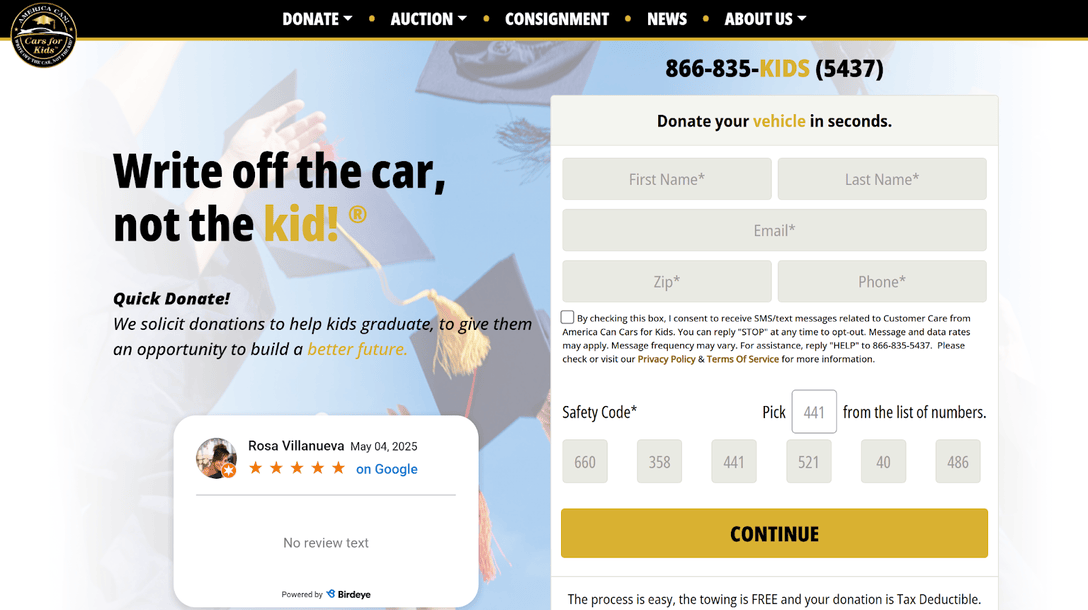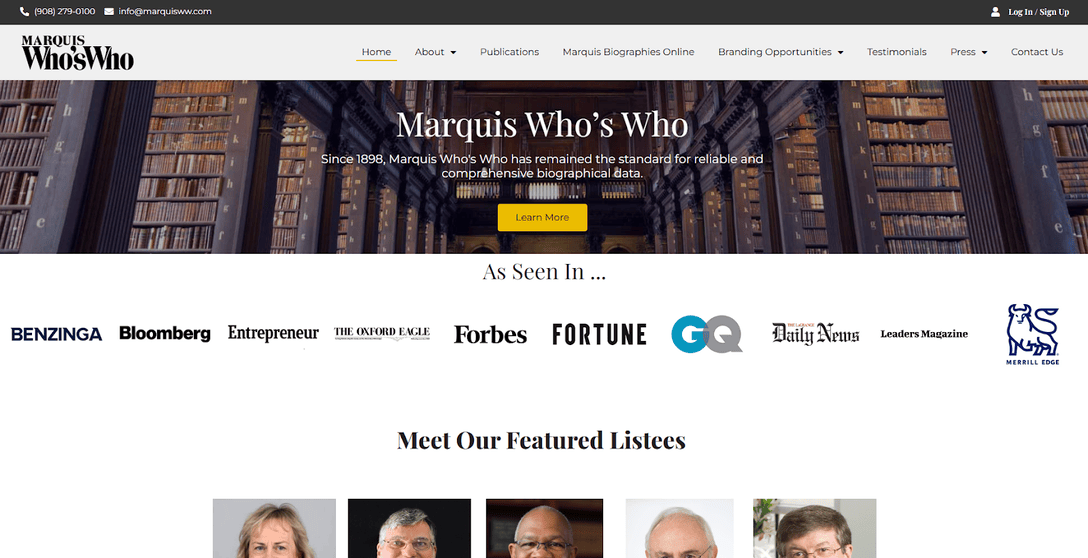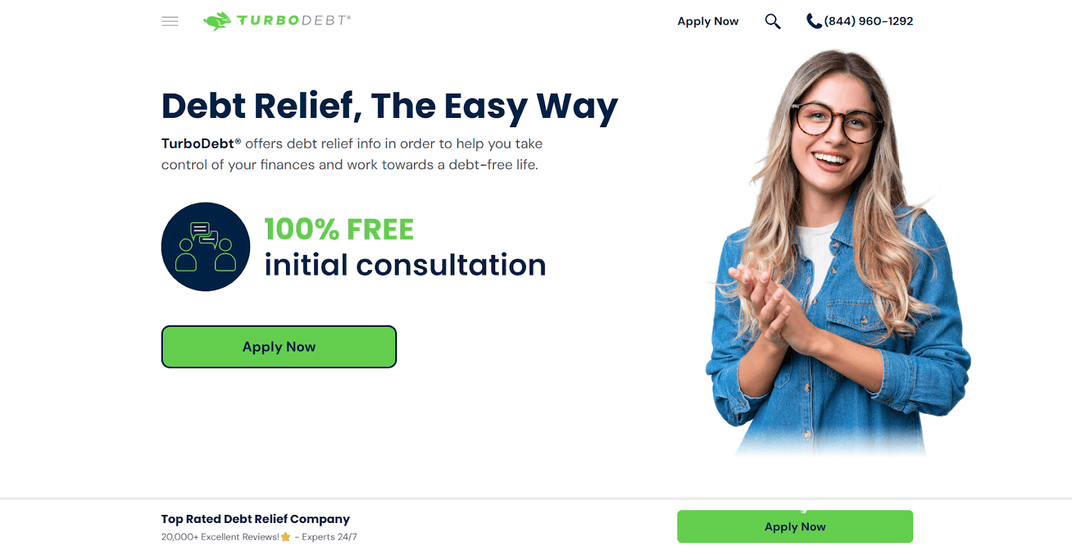Is Freecash a Scam?
Laura Martisiute
Reading time: 6 minutes
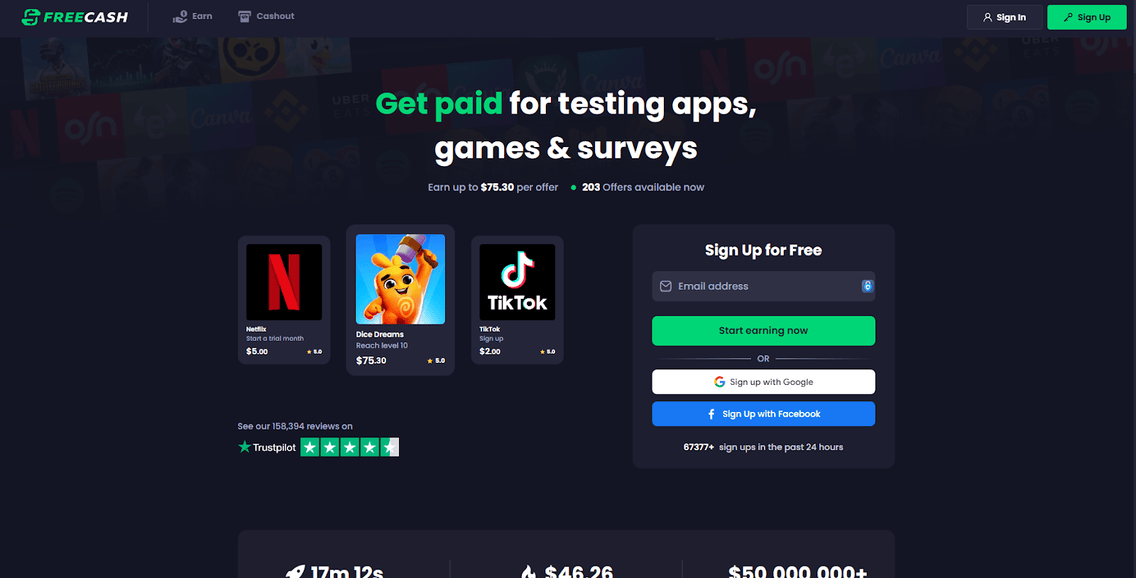
Table of Contents
If you’re thinking of using Freecash, you need to know: Is Freecash a scam?
Below, we explain whether Freecash is a scam and discuss some steps you can take to improve your safety when using this online platform.
What Is Freecash?
Freecash is a GPT (get-paid-to) platform where users can earn rewards by completing online tasks such as playing games, taking surveys, or signing up for offers.
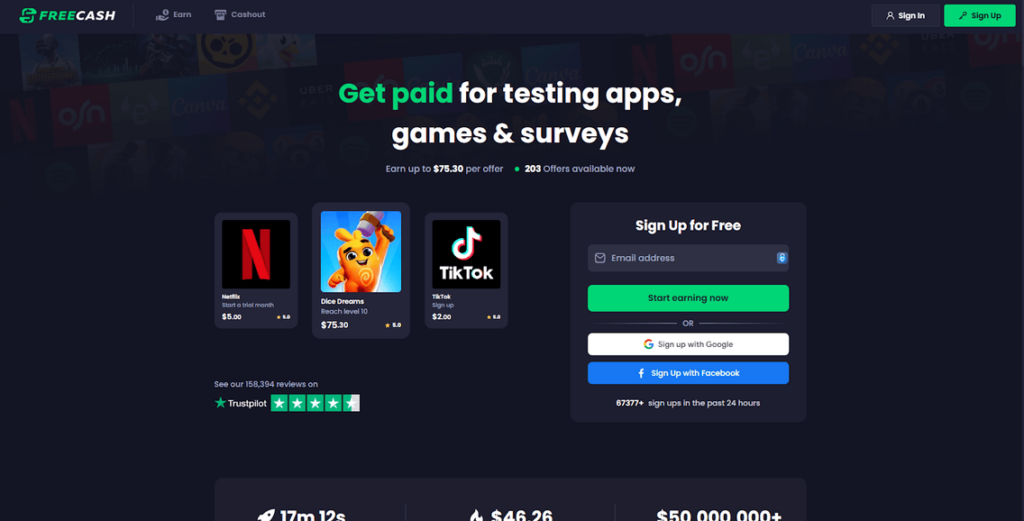
For example, a task could be downloading an app and getting to level 5 within 2 days to earn 4,000 coins. 1,000 coins equals $1.00.
You can redeem the coins you earn on Freecash for cash, gift cards, or cryptocurrency.
The platform works by partnering with companies that want to advertise their apps, surveys, and products.
The platform is available worldwide, though some offers and rewards may have regional restrictions. It is also available as an Android app (but not iOS).
Is Freecash a Scam?
It’s hard to tell.
Some people report having very positive experiences with Freecash.
For example, one Medium writer says that after 10 days of using Freecash, she made just under $70.
A number of people on online forums echo her experience.

However, others claim the platform doesn’t actually pay out and that you get banned as you try to cash out.

Freecash gets a 4.4 out of 5.0-star rating (from 130k reviews and 10m+ downloads) on Google Play. The latest reviews (at the time of writing) are not very good, with many people complaining about support time, getting locked out, and no credit given for higher pay offers.
The platform is not Better Business Bureau accredited.
Security
According to the Freecash Google Play page, data is encrypted in transit, and you can request that your data be deleted.
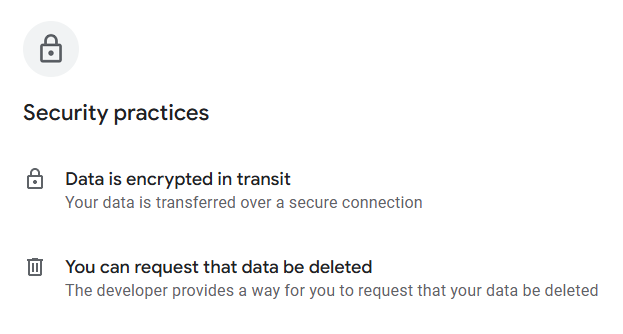
In its privacy policy, Freecash says they have “put in place appropriate security measures to prevent your personal data from being accidentally lost, used, or accessed in an unauthorized way, altered, or disclosed.” It does not go into detail as to what these measures are (which is standard).

Privacy
In its privacy policy, Freecash explains the kind of information it collects, why, and with whom it shares it.
For example, it collects data like first name, last name, username, phone number, ethnicity, health information, political beliefs, search queries on the website, location data, IP address, etc.
It uses your information to present its website and its contents to you, to allow you to participate in its interactive features, etc.
It may also use your information to contact you about their or third parties’ goods and services, though you can let them know you don’t want your information to be used in this way in your account profile.
Additionally, Freecash may use your information to show you ads.
It may disclose your information to contractors and service providers, to third parties who want to market their products (if you’ve given consent), to comply with any law, etc.
On its Google Play page, Freecash says the app may collect approximate location data, app activity, personal information (e.g., name, email address, address, phone number, race, ethnicity, user IDs, and other information), and device or other IDs.
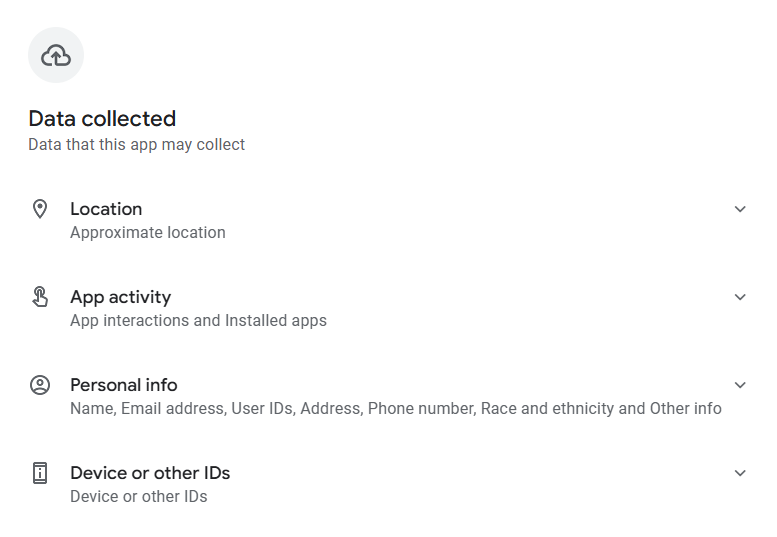
It says it may share some information with other companies, including location (for app functionality, analytics, etc.), app activity (for marketing, fraud prevention, etc.), personal information (for app functionality), and device or other IDs (for app functionality and marketing or advertising).
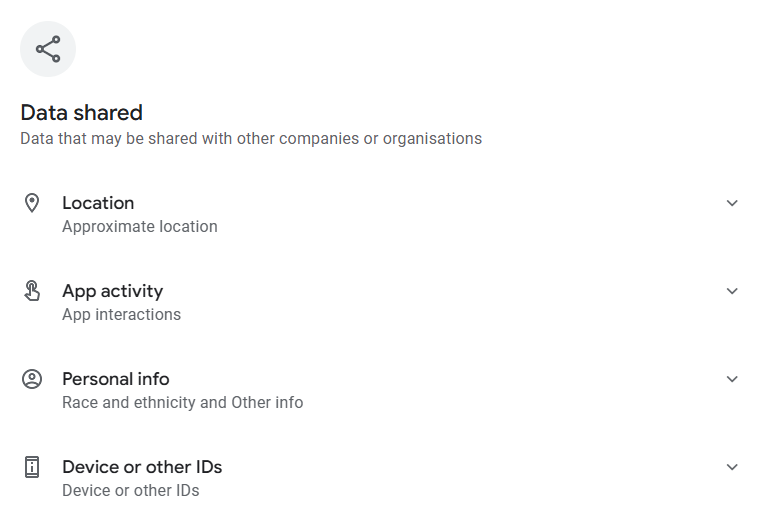
Freecash notes in its privacy policy that even if you delete your contributions from the Freecash website, copies of these contributions may still be viewable in cached and archived pages.
It also tells you how to opt out of having your information shared/used for promotional purposes and targeted ads (by logging into the Website and updating your preferences in the consent manager or emailing your request to support@freecash.com).
The Common Sense Privacy Program gives Freecash a “Warning” rating. This means it “Does not meet our recommendations for privacy and security practices.”

The Program notes that it’s unclear whether Freecash rents or sells personal information to third parties.
It also says that personal information is shared for third-party marketing, personalized advertising is displayed, and third parties collect data for their own purposes.
Additionally, users’ information is used to track and target advertisements on other third-party websites or services, and data profiles are created and used for personalized advertisements.
Freecash may request identity verification to ensure security and fairness on the platform.
So, Should You Use Freecash?
It’s up to you.
User experiences on Freecash vary widely. While some users say they’ve earned money, others report getting banned and payout issues.
If you are going to use Freecash, cash out early and often and opt out of targeted advertising and promotional offers.
How to Use Freecash Safely
Here are some tips for a safer experience while using Freecash.
- Opt out of third-party advertising. If you don’t want Freecash to share your personal data with unaffiliated or non-agent third parties for promotional purposes, you can opt out in the consent manager or by sending your request to support@freecash.com.
- Opt out of promotional offers from Almedia. If you don’t want Almedia to use your contact information for promotional purposes, you can opt out by updating your preferences in the consent manager on your account profile, emailing your request to support@freecash.com, or unsubscribing via the link at the bottom of promotional emails.
- Opt out of targeted advertising. If you prefer not to have your information used for targeted ads, you can opt out by updating your preferences in the consent manager on the website or emailing your request to support@freecash.com.
- Report misbehavior. You can report misbehavior in the Freecash site chat.
- Complete tasks carefully. Follow task instructions exactly to ensure you get credited. Some users report missing rewards for high-paying offers.
- Cash out early and often. To minimize the risk of losing earnings due to bans or issues, withdraw your coins regularly.
- Be cautious with downloads. Some Freecash offers require downloading apps. Only install from official app stores to avoid malware.
- Use a strong password. Choose a unique password for your Freecash account.
- Check account activity. Regularly review your account to ensure there’s no unauthorized access.
- Don’t share sensitive information. Even if you delete posts on Freecash, cached versions may remain available, so think before sharing sensitive information.
Our privacy advisors:
- Continuously find and remove your sensitive data online
- Stop companies from selling your data – all year long
- Have removed 35M+ records
of personal data from the web
Save 10% on any individual and
family privacy plan
with code: BLOG10
news?
Don’t have the time?
DeleteMe is our premium privacy service that removes you from more than 750 data brokers like Whitepages, Spokeo, BeenVerified, plus many more.
Save 10% on DeleteMe when you use the code BLOG10.

